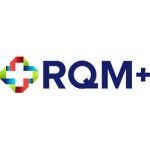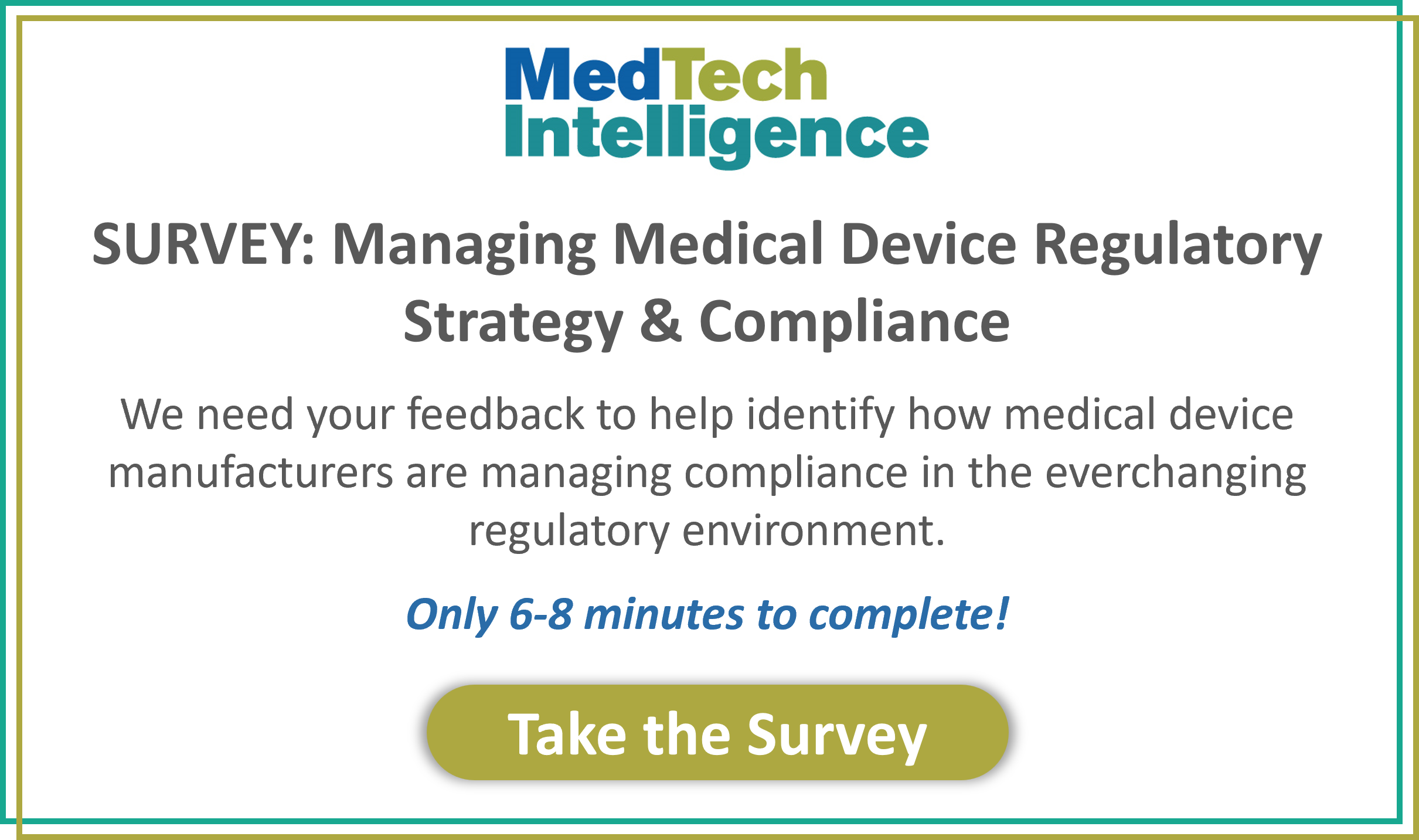Healthcare is shifting to a value-based model focused on improving the quality of patient outcomes, enhancing patient-centered care and adopting initiatives that control costs.
The transition to value-based healthcare hinges on the availability of unbiased quality and outcomes data. Furthermore, the integrity of these decisions depends upon the accurate and objective analysis of these data to support patient care decisions.
To enable progress in this area, a multi-disciplinary group representing manufacturers, physicians, clinicians, healthcare providers, SMEs and FDA are collaborating in the Medical Device Innovation Consortium (MDIC) Case for Quality (CfQ) Product Quality Outcomes Analytics (PQOA) working group.
We interviewed the following thought leaders representing key stakeholders from the CfQ PQOA working group to gain their unique perspective on the value of analytics in value-based healthcare.
- Stephanie Christopher, Program Director at MDIC
- Garth Conrad, VP Quality at BD Peripheral Intervention
- Michael Ruhlen M.D., MHCM, FAAP, VP Division of Medical Education, Atrium Health
- Michael Schiller, CMRP, Senior Director at the Association for Healthcare Resource & Materials Management (AHRMM)
- Nathan Soderborg, Ph.D., Principal Scientist, Statistical and Data Sciences, Exponent.
- Francisco (Cisco) Vicenty, Program Manager for Case for Quality, OC, CDRH, FDA
The Value of Analytics
Cisco Vincenty: Using real world data, real world evidence, [and] real world performance gives us a lot more visibility into where we, as an agency and a collective ecosystem, need to target resources to respond to issues, drive improvement, drive better education and increase awareness.
Stephanie Christopher: The real promise of the analytics project is the ability to make information available to care providers, physicians, and also patients, and, where appropriate, to use this information to help them achieve the best possible outcomes.
Michael Schiller: The biggest value is patient outcomes. In today’s value-based healthcare environment, it is the patient, and no longer the supply, that is at the center. Evidence-based data helps guide procurement decisions within an organization as to which product works best, with the patient population they care for, to produce the best outcome at the most appropriate cost is the ultimate goal. This is what AHRMM [Association for Health Care Resource & Materials Management] calls cost, quality, and outcomes (CQO).
Michael Ruhlen, M.D.: While it’s uncomfortable talking about results and bringing the scrutiny of results into a public forum, it’s absolutely necessary to help entities really figure out that they do have to improve their quality. That’s one of the reasons this whole effort resonates so significantly with me.
Challenges Accessing Data
Garth Conrad: Medical device manufacturers have not been open to broadly sharing information or data that they have. [There are a] couple of reasons for this: First, there is a concern that information provided would be misunderstood and used incorrectly by litigators. The second is that information could be misrepresented and used by your competitors.
Vincenty: We need to shift the dynamic with industry around data sharing in order to enable a lot more trust and engagement around performance issues. This shift needs to happen so that we can get these analytic discussions started, improve the use of the data, and then work to enhance that data with real world sources afterwards.
Nathan Soderborg: Manufacturers are naturally reluctant to share information that may be the source of competitive advantage or reveal weaknesses in products. Healthcare providers have major concerns over patient privacy and potential connection to liability and litigation matters. Registries and other data repositories have invested significant time and money in collecting what they have and are reluctant to share without compensation or help in fulfilling their particular mission.
Driving Success
Conrad: As with any change initiative, we need the support of all stakeholders to accomplish our project. This includes industry, FDA, healthcare providers, Value Analysis Committees (VACs) and in the case of our pilot project, data collaborators from NEST [National Evaluation System for Health Technology]. For this effort to be more broadly adopted after the pilot, we need more participants from industry to believe in the value of sharing information. We have to create a safe space for sharing to occur without the negative consequences that people are concerned about today.
Schiller: My desire would be [to be] able to work collaboratively with manufacturers on developing a foundation of trust around data. Their concern, and understandably so, is that product performance is being gauged on one variable when there are other variables at play. Those variables exist today with the information that healthcare professionals are using to guide their strategic sourcing decisions. How do we develop a foundation of trust with improved data analytics, with the UDI and trending analytics and research at the registry level on device performance? To me, my magic wand approach would be to reduce the level of distrust that exists today and begin to replace that with an environment of trust.
Ruhlen: I know the good intentions of industry, and I know nobody ever wants to go out and produce a faulty [device] that’s going to hurt someone. They don’t want to do that for all the right reasons, because their goal really is to improve human health. I wholeheartedly know that now, and deeply appreciate their work. I’m not sure I would have known that until I got engaged with this effort. It’s one of the reasons I’m so appreciative of the opportunity to sit with the analytics work group.
Conclusion
The PQOA team has made important inroads to provide an independent source for medical device quality data across seven domains through a dashboard that defines medical device quality.
As healthcare continues to shift towards a value-based model, improving the quality of patient outcomes, enhancing patient-centered care and adopting initiatives that control costs depends on the availability of unbiased quality and outcomes, data as well as the accurate and objective analysis of these data to support patient care decisions.
The use analytics in value-based care could:
- Guide medical, clinical and supply chain professionals in device selection
- Assist manufacturers in improving device quality based on real world evidence
- Provide regulators evidence to evaluate a company’s commitment to quality
- Allow patients to make decisions for device selection based on outcomes







